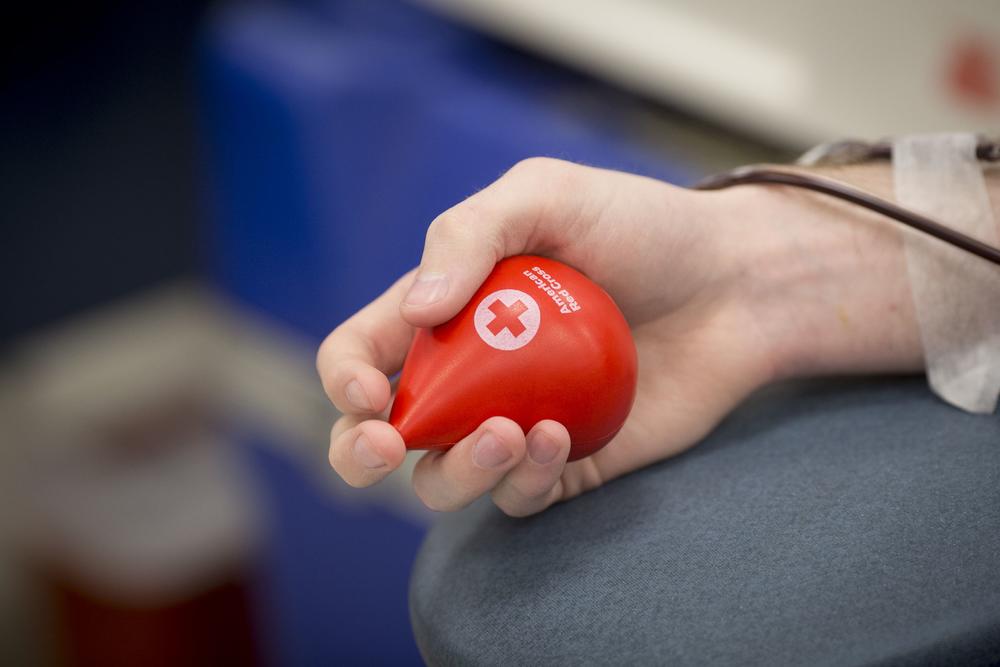
Caption
There’s been a 10% decline in Red Cross donors since COVID swept the nation.
Credit: Photo courtesy Red Cross

There’s been a 10% decline in Red Cross donors since COVID swept the nation.
Blood donations experienced a steep decline during the height of the COVID-19 pandemic and are still recovering.
Earlier this year, the American Red Cross, responsible for almost half of the nation's blood supply, announced the second major blood shortage since 2020. There’s been a 10% decline in their donors since COVID swept the nation according to a release sent in January.
“The lifting of some of the COVID restrictions has allowed there to be more donations,” said Gene Battles with Atrium Health Navicent Hospital in Macon. “I can't emphasize enough that we are expecting a downturn during the summer vacation months.”
Battles, medical director of pathology and laboratory medicine at Atrium, says people give less blood during the summer because they’re traveling and unable to attend local blood drives. Battles says more donations are necessary to avoid a critical shortage.
“And it's typically less than an hour out of your day to give a lifesaving donation,” Battles said.
Like many of our day-to-day goods, blood has a shelf life. Red blood cells can be good for anywhere between 35-42 days. Platelets, on the other hand, aren’t viable after about five days. For a supply to be stable, it’s important to have at least three days of blood on hand.
Atrium has over 1,000 beds and more than 50 facilities in the region. The Macon hospital is a level one trauma center, so a stable blood supply is essential. Extra blood on hand can also be transferred to facilities that need it.
“We do send blood to other hospitals if there is a particular patient need,” said Jennifer Pieterick, technical leader of transfusion and tissue services at Atrium. “Maybe they find they're running a little short waiting for the Red Cross to deliver. We can share those resources among us to help out.”
Donors through The Red Cross typically give a pint of blood which can then be broken down into its individual components -- platelets, plasma and red blood cells. Type O positive and O negative blood donations are especially useful. Type O negative blood, found in just 7% of people, is used to treat trauma patients.
The Red Cross hosts blood drives across the state. A comprehensive search tool can be found on redcrossblood.org.